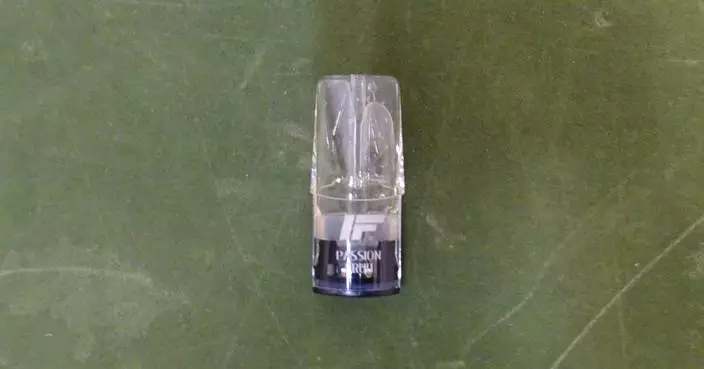CHP investigates case of Shiga toxin-producing E. coli infection
The Centre for Health Protection (CHP) of the Department of Health is today (November 12) investigating a case of Shiga toxin-producing Escherichia coli (STEC) infection, and hence reminded the public to maintain good personal, food and environmental hygiene against intestinal infections.
The case involves a 1-year-old girl with good past health, who presented with diarrhoea on October 28. She was brought to CUHK Medical Centreon October 31. Her condition was stable and did not require hospitalisation.
Her stool specimen grew STEC upon laboratory testing.
Initial enquiries of the CHP revealed that the patient had no travel history during the incubation period. Information from the patient's family members revealed that she did not consume any high-risk food (such as raw meat and unpasteurised dairy products) during the incubation period. Her home contacts are asymptomatic so far. The CHP is following up their health conditions and the relevant investigations are ongoing.
"Escherichia coli (E. coli) is a bacterium that is commonly found in the gut of humans and warm-blooded animals. Most strains of E. coli are harmless. Some strains, however, such as STEC, can produce powerful toxins and cause severe food-borne disease. The most recognised serogroup of STEC is E. coli O157:H7," a spokesman for the CHP explained.
Preventive measures for STEC infection are similar to those recommended for other food-borne diseases. The public are advised to observe good personal and food hygiene:
Adopt the Five Keys to Food Safety in handling food, i.e. Choose (choose safe raw materials), Clean (keep hands and utensils clean), Separate (separate raw and cooked food), Cook (cook thoroughly) and Safe Temperature (keep food at a safe temperature) to prevent food-borne diseases;
Wash hands properly with liquid soap and water before handling food, after handling raw meat or poultry and before eating, and after going to the toilet or changing diapers;
Cook food and boil water thoroughly before consumption. When cooking or reheating, the core temperature of the food should reach at least 75 degrees Celsius;
Avoid consumption of unpasteurised milk or undercooked food; and
Consult your doctor immediately if you have symptoms of STEC infection, particularly bloody diarrhoea.
The public may visit the CHP'sSTEC pagefor more information.
Meeting attendance of members of District Councils in 2024
The Home Affairs Department (HAD) made the following clarifications today (January 2) regarding certain media reports on the meeting attendance of the current-term members of the District Councils (DCs) in 2024:
(1) The current-term DC members were diligent in their work, with over 98 per cent of 470 members having attended all DC meetings or were only absent with the DC's consent; over 90 per cent having attended all committee/working group meetings or were only absent with the DC's consent. Aside from attending DC meetings, each DC member on average attended 28 committee/working group meetings;
(2) all DC members fulfilled the requirement under the Performance Monitoring Guidelines for Members of the DCs (the Guidelines), i.e. attendance rate of not lower than 80 per cent and no DC members were in violation of the requirement; certain reports were incorrect in stating that some DC members were in violation of the Guidelines due to their absence at meetings since absence at an individual meeting was not a violation in itself; and
(3) for the purpose of calculating attendance, the Guidelines stipulate certain reasons for absence that would be consented by the DCs, including sickness and attendance at another meeting or an activity on behalf of the DCs etc. If a DC member were absent from meetings due to the aforementioned reasons with the DC's consent, the absence would not affect his/her attendance rate. If a DC member were absent from meetings due to other reasons (i.e. personal matters), the absence would be counted towards his/her attendance rate.
The HAD hoped that media outlets and members of the public would have an accurate understanding of DC members' attendance situation at meetings. The current-term DC members' attendance rate at meetings was the highest amongst all previous terms, which fully demonstrated DC members' efforts and work in improving governance at the district level.





